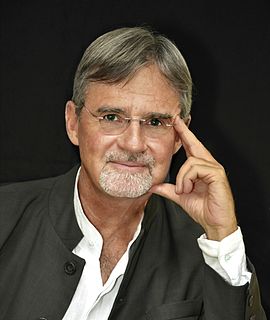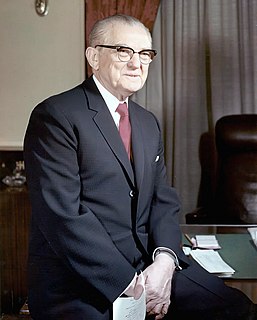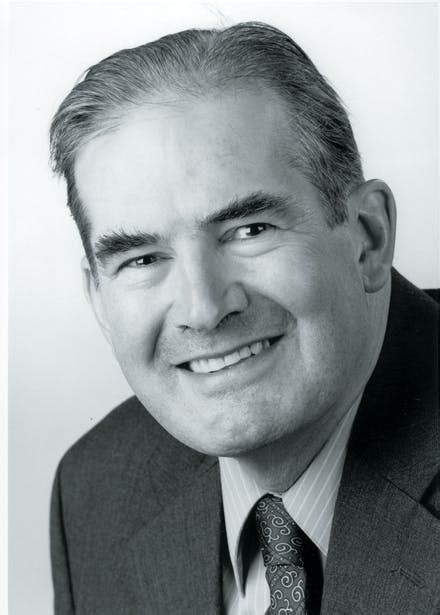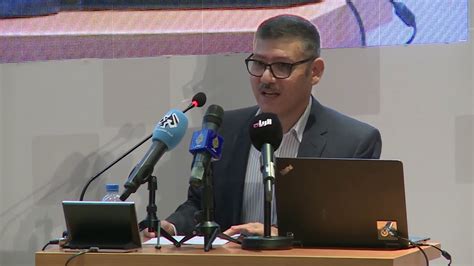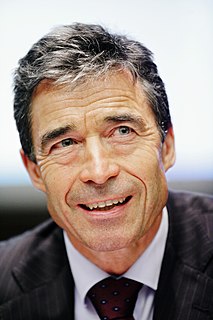A Quote by J. B. Pritzker
Ending Iran's nuclear threat and bringing it into the international community of law-abiding nations is one of the most pressing U.S. foreign policy objectives.
Related Quotes
Most Americans have no memory of the designs Franklin Roosevelt's New Dealers had for postwar-American foreign policy. Human rights, self-determination and an end to European colonization in the developing world, nuclear disarmament, international law, the World Court, the United Nations - these were all ideas of the progressive left.
International inspectors are on the ground and Iran is being subjected to the most comprehensive, intrusive inspection regime ever negotiated to monitor a nuclear program. Inspectors will monitor Iran's key nuclear facilities 24 hours a day, 365 days a year. For decades to come, inspectors will have access to Iran's entire nuclear supply chain. In other words, if Iran tries to cheat - if they try to find build a bomb covertly, we will catch them.
Without a deal [with Iran], the international sanctions regime will unravel with little ability to reimpose them. With this deal, we have the possibility of peacefully resolving a major threat to regional and international security. Without a deal, we risk even more war in the Middle East and other countries in the region would feel compelled to pursue their own nuclear programs, threatening a nuclear arms race in the most volatile region in the world.
My reading of the threat from Iran is that if Iran acquires nuclear weapons, it is an existential threat to the State of Israel and to other countries in the region because the other countries in the region will feel compelling requirement to acquire nuclear weapons as well. Now we cannot a second Holocaust.
Ayatollah Khamenei actually is not the most powerful person in Iran. He does not make nuclear policy. He does not make security policy. He is one voice among many and not even the most important voice by any means.When nuclear strategy is being discussed in Iran, he is not the dominant figure to make things happen. So I think this sense which he has created to a considerable degree by his own self-promotion has made him the center of attention when, in fact, the real center of activity is some place else.



